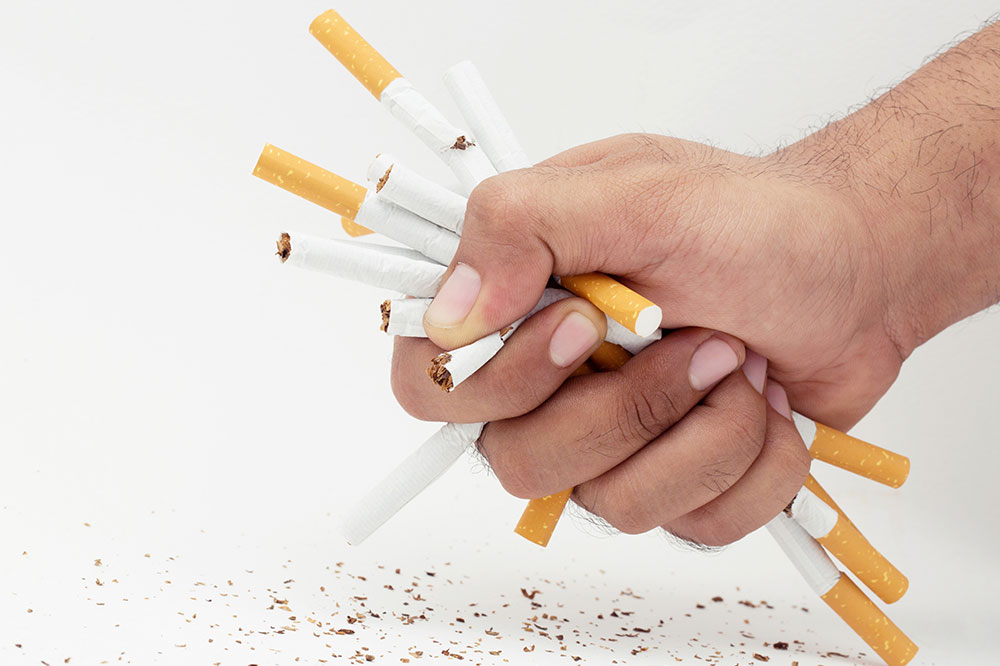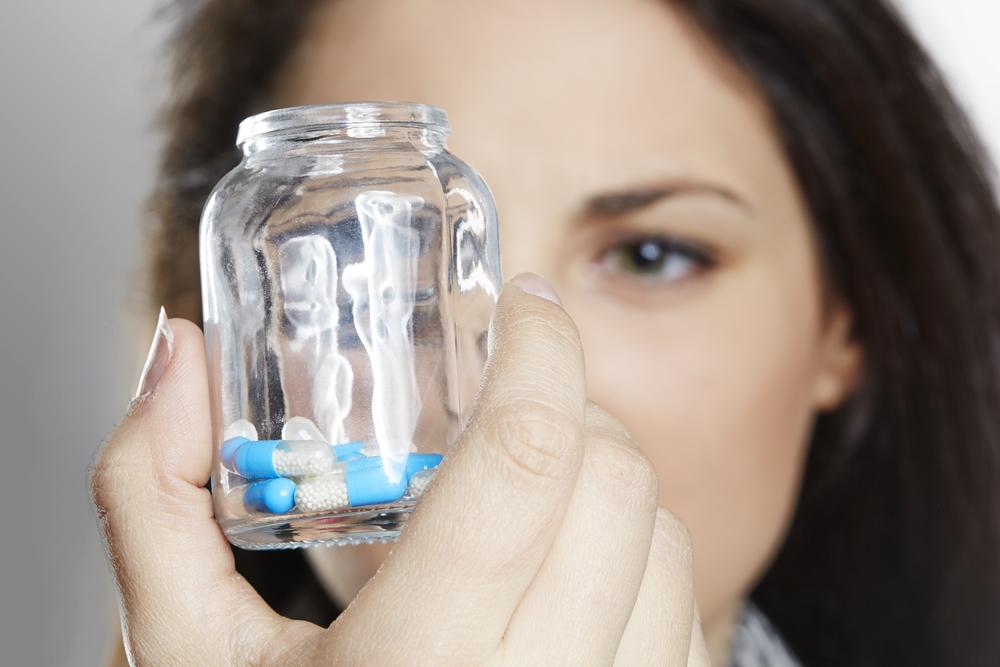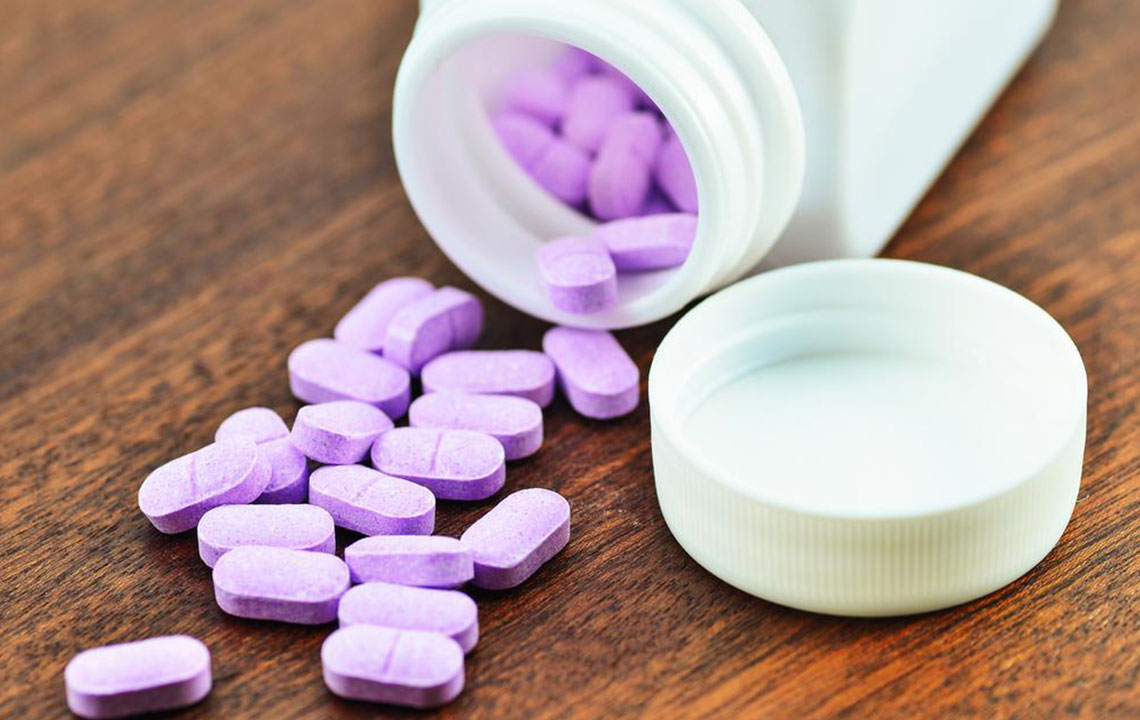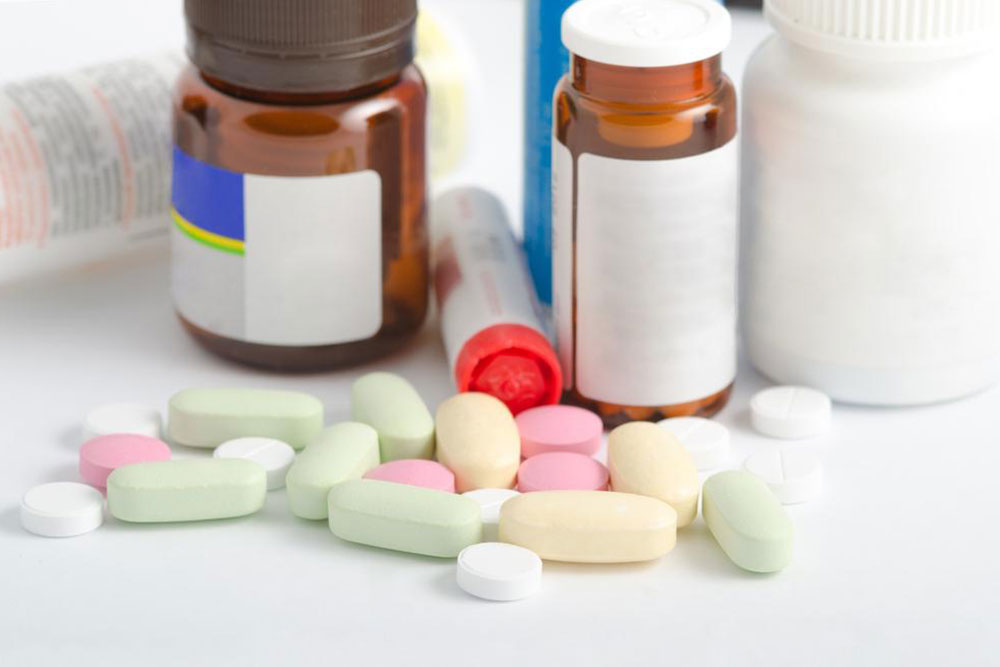Top 5 Causes of Painkiller Dependency
This article explores the top five causes behind painkiller dependency, including immediate pain relief, emotional escape, euphoria, tolerance, and relaxation. It emphasizes the importance of recognizing signs of misuse and seeking professional help. The piece also discusses healthier alternatives and strategies to prevent addiction, highlighting the significance of awareness and medical support for effective management.
Sponsored

Understanding the main causes behind painkiller dependency
Painkillers are often prescribed after surgeries or injuries to manage pain during recovery. Ideally, their use is limited to this period, but many patients become dependent, feeling unable to function without them. So, what leads to this dependency and what are the key factors involved?

Discover what drives painkiller dependence and how individuals become trapped.
Immediate pain relief
Many seek quick fixes for pain because painkillers provide rapid, accessible alleviation. However, these drugs only treat surface symptoms and do not address underlying issues.
Escaping emotional distress
Some individuals use painkillers to numb emotional pain, anxiety, or overwhelming feelings. People with mood disorders are especially vulnerable to misuse, consuming more than safe limits.
Feelings of euphoria
Others are attracted to the pleasurable effects of painkillers, which can temporarily mask trauma or negative experiences and provide a sense of happiness or escape from reality.
Developing tolerance
Over time, the body builds resistance, necessitating higher doses for the same effect. This escalation can lead to dependency as users seek increased relief.
Inducing relaxation
During illness or post-surgery, painkillers help reduce stress and tension. Prolonged use beyond recovery often results in addiction, highlighting the importance of alternative relaxation strategies like yoga or meditation.
If you believe you're relying excessively on painkillers, seek professional help promptly. Proper medical intervention and lifestyle adjustments can effectively manage and prevent addiction, even if relapse occurs, making recovery achievable.





